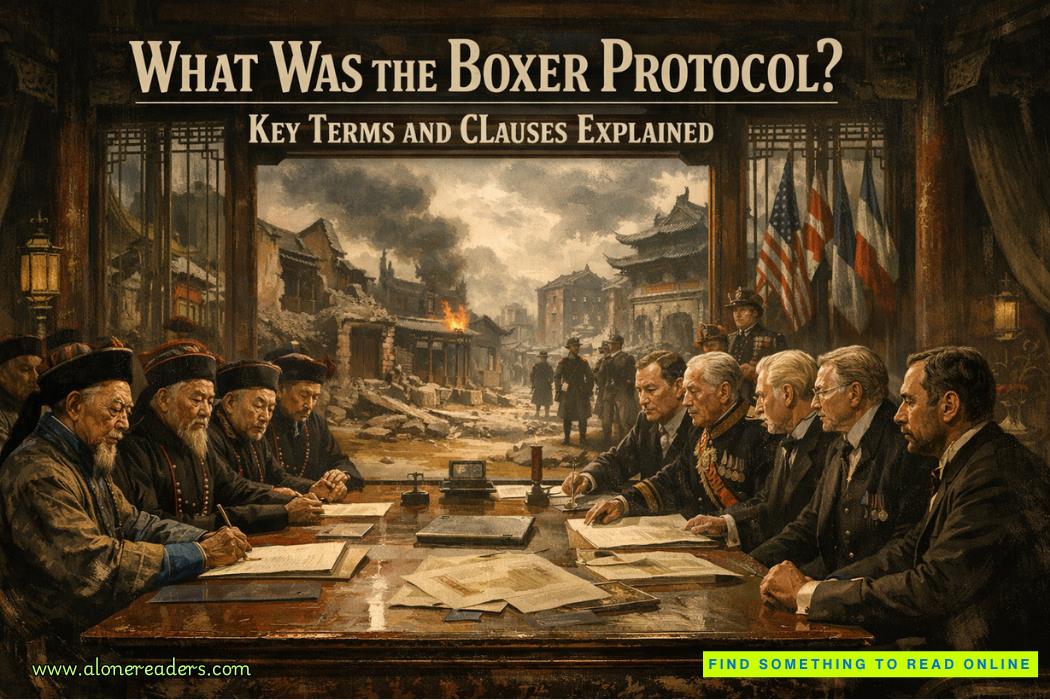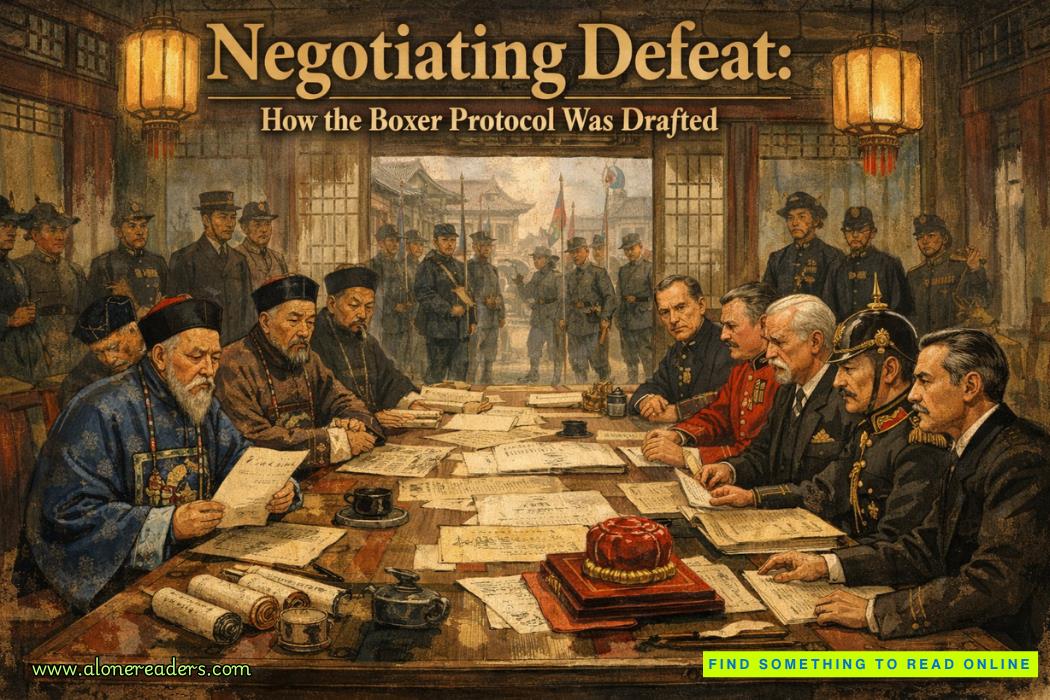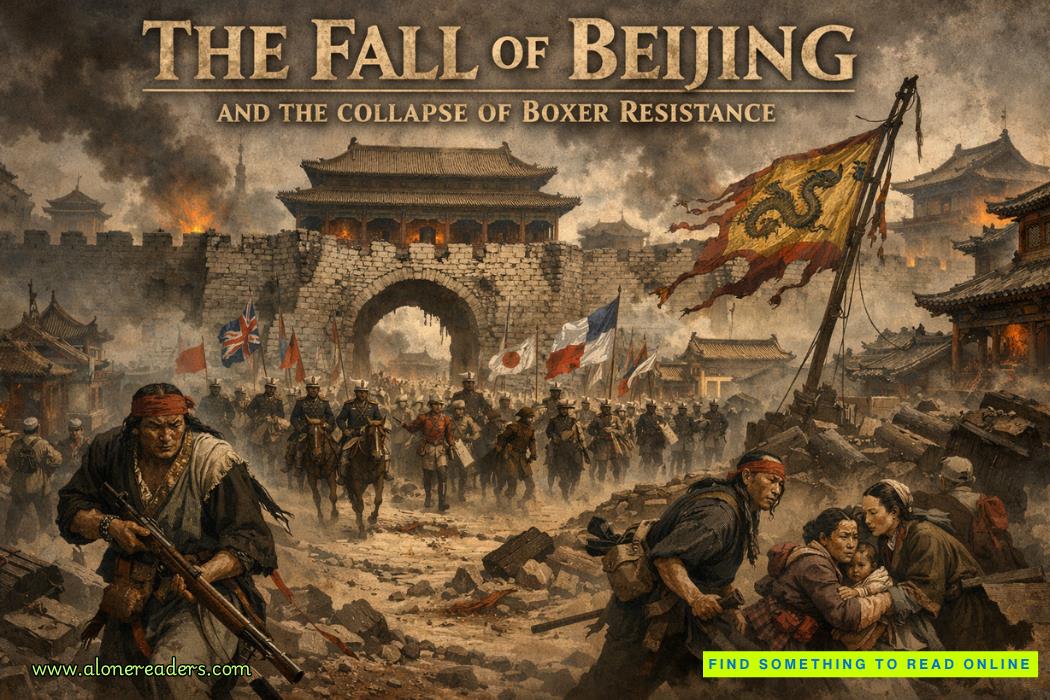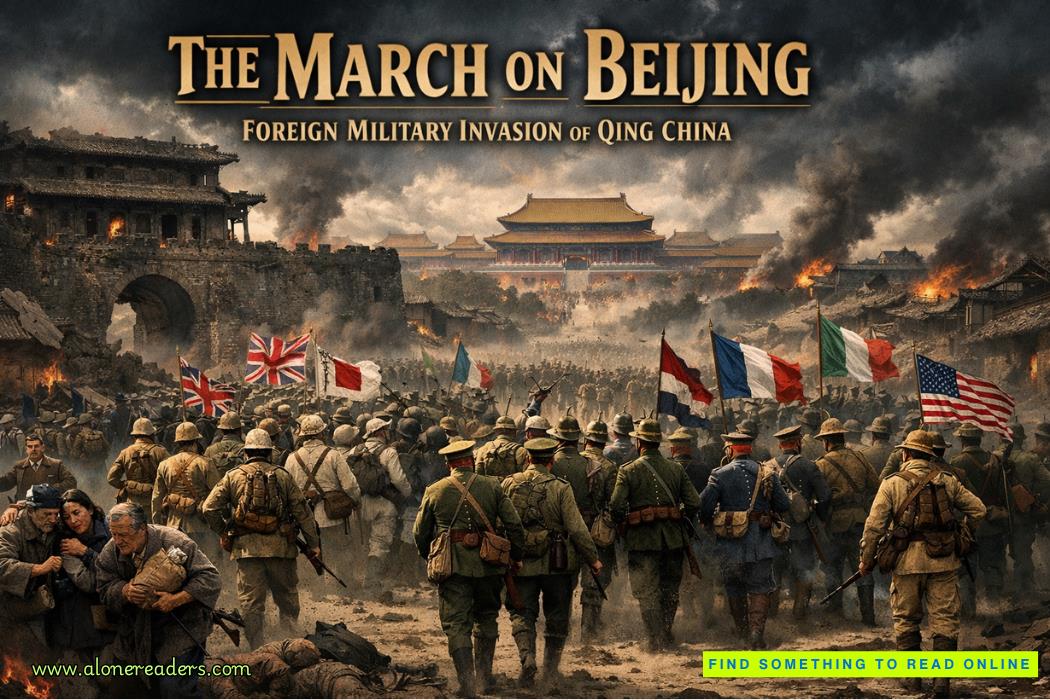The Dangerous Duke was reformed. Domesticated. Transformed by marriage into something approaching civilized.
If only they knew.
Edmund’s hand settled at the small of her back as a footman approached to refill her wine glass—a gesture of casual possession that appeared entirely natural. To anyone watching, he was simply a devoted husband ensuring his wife’s comfort. But Isadora could feel the heat of his palm through burgundy silk, could sense the tension in his fingers that suggested this proximity cost him something.
“Careful,” he murmured, his breath warm against her ear. “You’re drinking rather quickly.”
The observation was delivered quietly enough that only she could hear, his tone carrying concern that might have been genuine or merely part of their performance. Isadora couldn’t tell anymore. The line between pretense and reality had blurred somewhere between the third course and Lord Fairfax’s lengthy anecdote about hunting accidents.
“Perhaps I require fortification,” she whispered back, pitching her voice low enough to maintain their illusion of intimateconversation. “Your neighbor appears determined to discuss every pheasant shot in Yorkshire since the turn of the century.”
Edmund’s lips curved—barely, but enough that those watching would note it. The Dangerous Duke smiling at his wife’s wit. Another crack in the armor of his reputation.
“Patience,” he said, his hand moving in what appeared to be a comforting caress against her spine. “We’ve nearly survived the meal. Only dessert and port remain before we can make our escape.”
The word “we” sent an odd flutter through Isadora’s chest. When had they become a unit? When had “you and I” transformed into “we” without her noticing?
“I didn’t realize you were so eager to return home,” she said, allowing herself to lean slightly into his touch. Around them, she could sense attention sharpening—Lady Blackwood’s eyes narrowing with calculation, Lady Fairfax’s knowing smile. They were eating this up, she realized. The spectacle of the isolated Duke unable to bear separation from his new bride.
“I’m eager,” Edmund replied, his voice dropping to a register that made her skin warm, “to end this interminable evening and reclaim some peace.”
There—that edge of genuine feeling beneath the performance. He truly was miserable, she realized. Not merely playing the role of uncomfortable nobleman enduring social obligation, butactually suffering through every moment of forced pleasantry and careful conversation.
The knowledge should have pleased her. Instead, it made her want to place her hand over his where it still rested against her back, to offer comfort that went beyond their agreed-upon charade.
Dangerous thinking.
“The syllabub, Your Grace.” A footman appeared at her elbow with a crystal dish containing something pale and trembling. Isadora accepted it with a smile that felt increasingly difficult to maintain.
“Tell me, Lady Rothwell,” Lady Blackwood’s voice cut through the general conversation like a blade through butter, “how are you finding Yorkshire? It must be quite different from the excitement of London.”
The question carried undertones Isadora had learned to recognize during three seasons navigating the ton’s treacherous waters. This was a test, an attempt to discover whether the new Duchess regretted her hasty marriage to a man whose reputation preceded him like storm clouds.
“Yorkshire has a beauty all its own,” Isadora replied quickly. “The Abbey, especially, is quite magnificent.”
“Indeed?” Lady Blackwood’s eyebrows climbed toward her elaborate coiffure. “I wouldn’t have thought a young lady of your vivacity would appreciate such isolation. Particularly given His Grace’s preference for solitude.”
There it was—the barb hidden beneath polite inquiry. You’ve married a recluse, the older woman was saying. A man who’ll keep you locked away from society just as he’s kept himself isolated for years.
“His Grace has been nothing but attentive,” Isadora said, turning to look at Edmund with what she hoped appeared like genuine affection. “I find his company far more stimulating than the endless rounds of gossip that constitute most London drawing room conversation.”
She watched color rise in his cheeks—actual color, not the careful performance he’d been maintaining all evening. Had her compliment surprised him? Or was he merely playing his role with unexpected skill?
“You’re too kind,” Edmund murmured, his green eyes holding hers with an intensity that made her breath catch. “Though I suspect you flatter me beyond my deserving.”
“Nonsense.” The word emerged before caution could stop it, her voice carrying conviction that went beyond their agreed-upon performance. “You underestimate yourself, my lord.”
Something shifted in his expression—surprise giving way to confusion giving way to something she couldn’t name. His handmoved from her back to capture her fingers where they rested on the table, raising them to his lips in a gesture that appeared entirely spontaneous.
The kiss he pressed to her knuckles was brief, proper, exactly the sort of thing a devoted husband might do in company. But the heat of his mouth through her glove sent fire racing up her arm, and when his eyes met hers over their joined hands, she saw her own confusion reflected back.
This wasn’t supposed to feel real.
Around them, whispers intensified. Lady Fairfax actually sighed with romantic satisfaction. Lord Wilcox raised his glass in an approving toast. Even Lady Blackwood’s skeptical expression softened into something approaching approval.
They were winning. Convincing Yorkshire society that the Dangerous Duke had transformed into a devoted husband. Proving that marriage had gentled whatever wildness had earned Edmund his fearsome reputation.
But at what cost?















